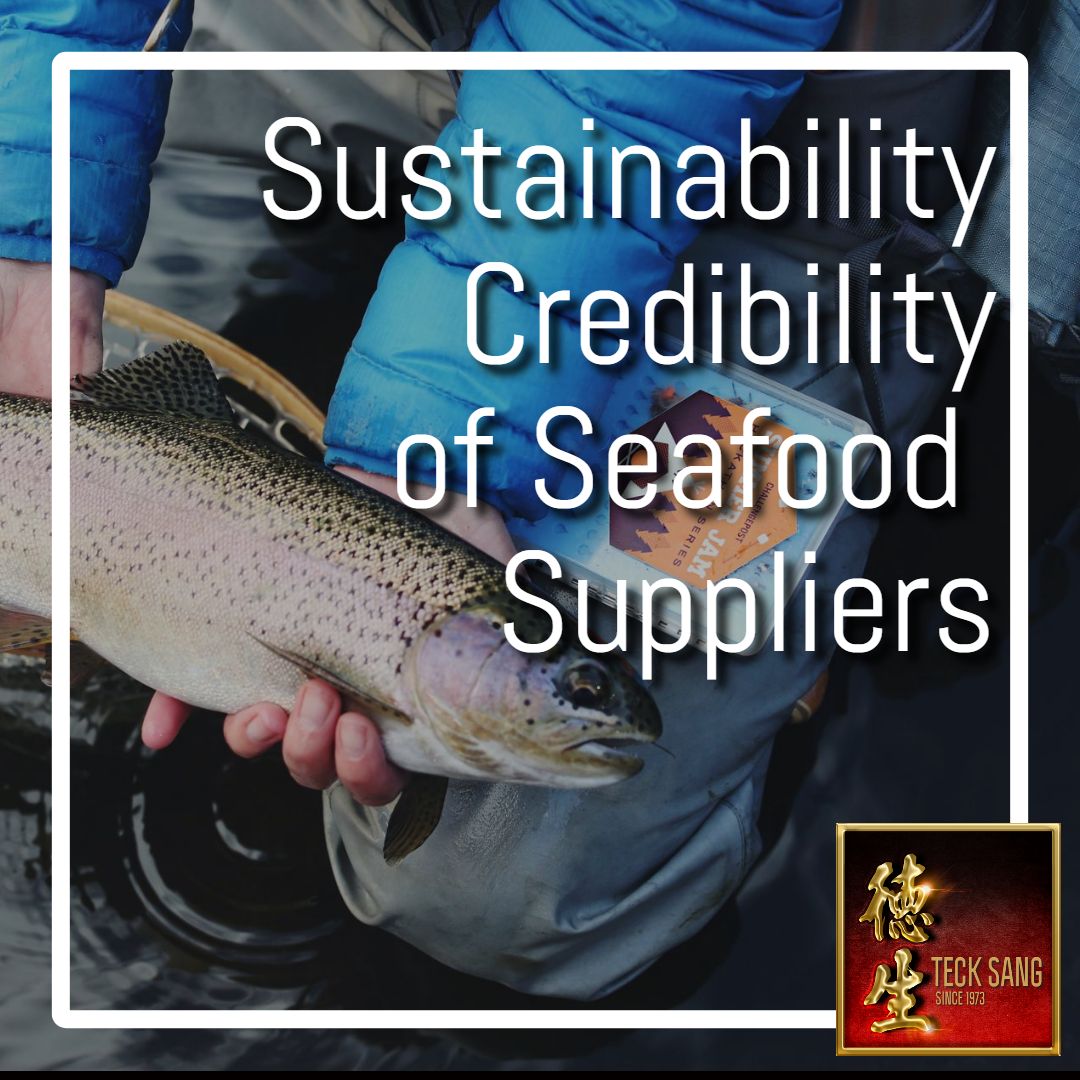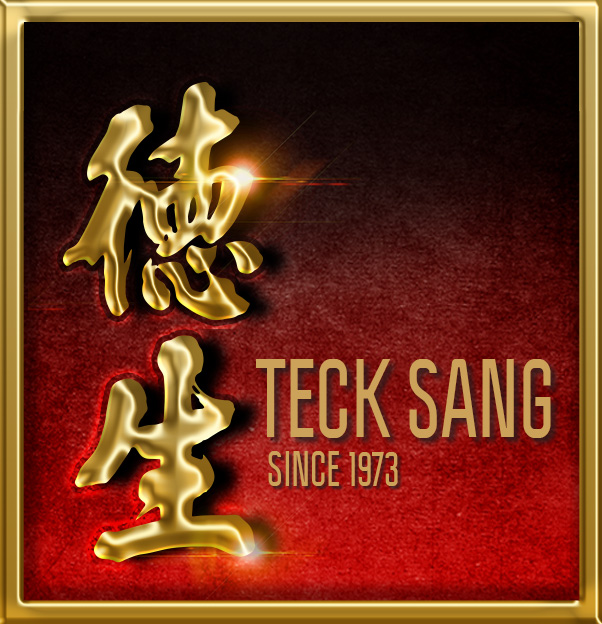
Are you ready to make a positive impact in the dried seafood industry?
Discover how you can promote eco-friendly practices and contribute to a sustainable future.
By embracing sustainable fishing practices, implementing eco-friendly packaging solutions, and understanding the importance of certifications, you can play a crucial role in preserving biodiversity and ensuring the well-being of our environment and communities.
Join us on this journey to create a more sustainable and inclusive dried seafood industry.
Key Takeaways
- The conventional dried fish value chain perspective fails to consider non-capital relationships and the social well-being of upstream actors, perpetuating social-environmental inequity.
- The dried fish sub-sector is important and accounts for a significant portion of fish consumption globally, particularly in low-income countries. However, it is facing declining social, economic, and political conditions.
- The existing value chain approach focuses solely on financial value and ignores the specific histories, ecologies, peoples, places, and practices associated with dried fish production and marketing.
- Adopting a social-ecological system perspective can help reconceptualize the value chain, considering the social well-being of fishers and dried fish workers, and addressing social, ecological, and institutional interactions across multiple scales.
Sustainable Fishing Practices:
When it comes to sustainable fishing practices, it's important to understand the impact of overfishing on marine ecosystems. Irresponsible fishing practices can lead to the depletion of fish stocks, disrupt the balance of marine ecosystems, and harm biodiversity.
The Importance of Responsible Fishing
To ensure the long-term sustainability of the dried seafood industry, it's crucial for you to engage in responsible fishing practices. Responsible fishing refers to the ethical and sustainable methods used to catch fish, ensuring the preservation of fish stocks and the marine environment.
Overfishing has had a severe impact on fish populations and ecosystems, leading to the decline of many species. By adopting sustainable fishing practices, such as using selective fishing gear and following catch limits, you can contribute to the conservation of fish stocks and protect the delicate balance of marine ecosystems.
Certifications, such as the Marine Stewardship Council (MSC) or the Aquaculture Stewardship Council (ASC), play a vital role in ensuring the sustainability of the seafood industry by setting standards and promoting responsible fishing practices.
Impact of Overfishing on Marine Ecosystems
By understanding the impact of overfishing on marine ecosystems and implementing sustainable fishing practices, you can contribute to the preservation of fish populations and the health of our oceans.
Overfishing occurs when fish are caught at a rate that exceeds their ability to reproduce and replenish their populations. This can lead to a decline in fish stocks and disrupt the balance of marine ecosystems.
The sustainability of the dried seafood industry relies on maintaining healthy fish populations. By practicing sustainable fishing methods, such as using selective fishing gear, setting catch limits, and implementing marine protected areas, we can ensure the long-term viability of fish stocks.
Additionally, adopting eco-friendly packaging solutions, such as biodegradable or recyclable materials, can further enhance the sustainability of the industry. These innovations in sustainable packaging not only reduce environmental impact, but also offer benefits such as reduced waste and improved product quality.
Together, we can make a difference in preserving our oceans for future generations.
Eco-Friendly Packaging Solutions:
When it comes to sustainable packaging solutions in the dried seafood industry, there have been significant innovations that promote eco-friendly practices. Using eco-friendly packaging not only reduces waste and environmental impact, but also offers a range of benefits such as improved product shelf life, preservation of quality, and increased consumer appeal.
Innovations in Sustainable Packaging
You frequently encounter innovations in sustainable packaging that offer eco-friendly solutions in the dried seafood industry. These innovations aim to reduce the environmental impact of packaging while still ensuring the freshness and quality of the dried seafood products.
Here are two examples of innovative sustainable packaging solutions:
Biodegradable packaging:
Imagine opening a package of dried seafood and finding a bag made from plant-based materials. This biodegradable packaging breaks down easily in the environment, reducing waste and minimizing harm to ecosystems.
Recyclable packaging:
Picture a package that's made from recyclable materials, such as cardboard or paper. This packaging can be easily recycled after use, reducing the amount of waste that ends up in landfills and contributing to a circular economy.
Benefits of Using Eco-Friendly Packaging
Using eco-friendly packaging in the dried seafood industry offers numerous benefits.
One benefit is reduced environmental impact. By opting for packaging solutions that are environmentally friendly, you contribute to the preservation of our planet's resources and protect the delicate balance of marine ecosystems. This choice helps to minimize waste and reduce carbon emissions.
Another benefit is increased consumer satisfaction. Eco-friendly packaging materials are often made from renewable sources and are biodegradable or recyclable. These materials are also often designed to be convenient, functional, and aesthetically pleasing. This enhances the overall consumer experience.
In addition, using eco-friendly packaging aligns yourself with a community of like-minded individuals who are committed to sustainable practices. This fosters a sense of belonging and shared values.
Role of Certifications:
Let's talk about the role of certifications in promoting sustainability in the dried seafood industry.
Sustainability certifications play an important role in ensuring that seafood products meet certain environmental and social standards. These certifications not only provide assurance to consumers but also influence business-to-business relationships, as companies with certified products may have an advantage in the market.
Importance of Sustainability Certifications
Sustainability certifications play a crucial role in promoting eco-friendly practices in the dried seafood industry. By obtaining these certifications, businesses demonstrate their commitment to sustainable sourcing and production methods. Here is why sustainability certifications are important:
- Ensures transparency: Certifications provide consumers with the assurance that the dried seafood they're purchasing has been produced in an environmentally and socially responsible manner.
- Promotes sustainable practices: Certifications encourage businesses to adopt sustainable fishing methods, reduce waste, and minimize their impact on marine ecosystems.
- Supports local communities: Certifications often require businesses to engage with local communities, ensuring fair wages and working conditions for workers and supporting the economic well-being of these communities.
- Drives innovation: Certifications push businesses to continuously improve their practices, leading to the development of new technologies and techniques that are more sustainable and efficient.
- Fosters a sense of belonging: By choosing certified products, consumers can feel connected to a community of like-minded individuals who prioritize sustainability and the well-being of the planet.
How Certifications Influence B2B Relationships
Certainly, certifications not only validate sustainable practices in the dried seafood industry but also play a significant role in influencing B2B relationships.
By obtaining certifications, businesses demonstrate their commitment to environmentally friendly practices, which can enhance their reputation and credibility among other businesses in the industry. This creates a sense of belonging and trust within the B2B network, as companies know that they're partnering with like-minded organizations that prioritize sustainability.
Certifications provide a common language and standard for evaluating the sustainability performance of businesses, making it easier for B2B partners to assess each other's practices and make informed decisions.
Additionally, certifications can open up new market opportunities and collaborations, as businesses with certifications are often preferred by eco-conscious consumers and stakeholders.
Frequently Asked Questions
What Are Some Sustainable Fishing Practices That Can Be Implemented in the Dried Seafood Industry?
To promote sustainable practices in the dried seafood industry, you can implement methods like responsible fishing techniques, reducing bycatch, supporting small-scale fisheries, implementing proper waste management, and adopting eco-friendly packaging.
What Are Some Eco-Friendly Packaging Solutions That Can Be Used in the Dried Seafood Industry?
You can promote eco-friendly practices in the dried seafood industry by using packaging solutions that are environmentally friendly. These solutions can include biodegradable or compostable packaging materials, as well as reusable or recyclable packaging options.
What Is the Role of Certifications in Promoting Sustainability in the Dried Seafood Industry?
Certifications play a crucial role in promoting sustainability in the dried seafood industry. They provide assurance to consumers that the products meet certain eco-friendly standards and encourage businesses to adopt more sustainable practices.
How Can the Dried Seafood Industry Contribute to Environmental Preservation and the Well-Being of Communities?
You can contribute to environmental preservation and the well-being of communities in the dried seafood industry by adopting eco-friendly practices. These practices prioritize sustainability, biodiversity, and the welfare of wildlife, the environment, and local communities.
What Are the Potential Environmental Impacts of the Dried Seafood Industry and How Can They Be Mitigated?
The potential environmental impacts of the dried seafood industry include overfishing, depletion of stocks, and pollution from fish farming. These can be mitigated through sustainable fishing practices, proper waste management, and promoting responsible aquaculture methods.
Conclusion
Promoting eco-friendly practices in the dried seafood industry is crucial for preserving biodiversity, ensuring the well-being of wildlife, environment, and communities, and providing nutrition and food security for billions of people.
By implementing sustainable fishing practices, adopting eco-friendly packaging solutions, and considering the role of certifications, we can contribute to a more sustainable and resilient industry.
Let's work together to make a positive impact on the dried seafood value chain.


